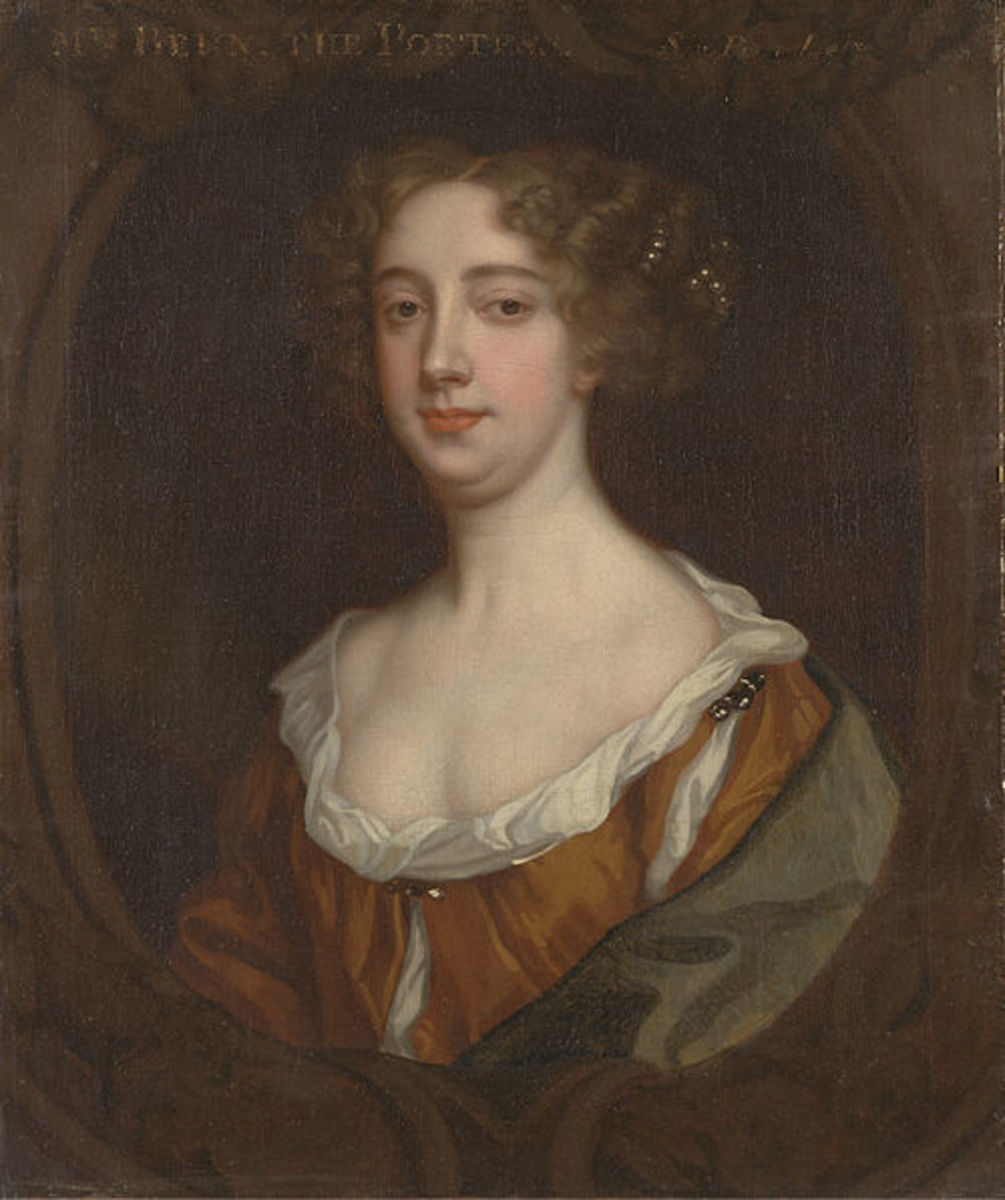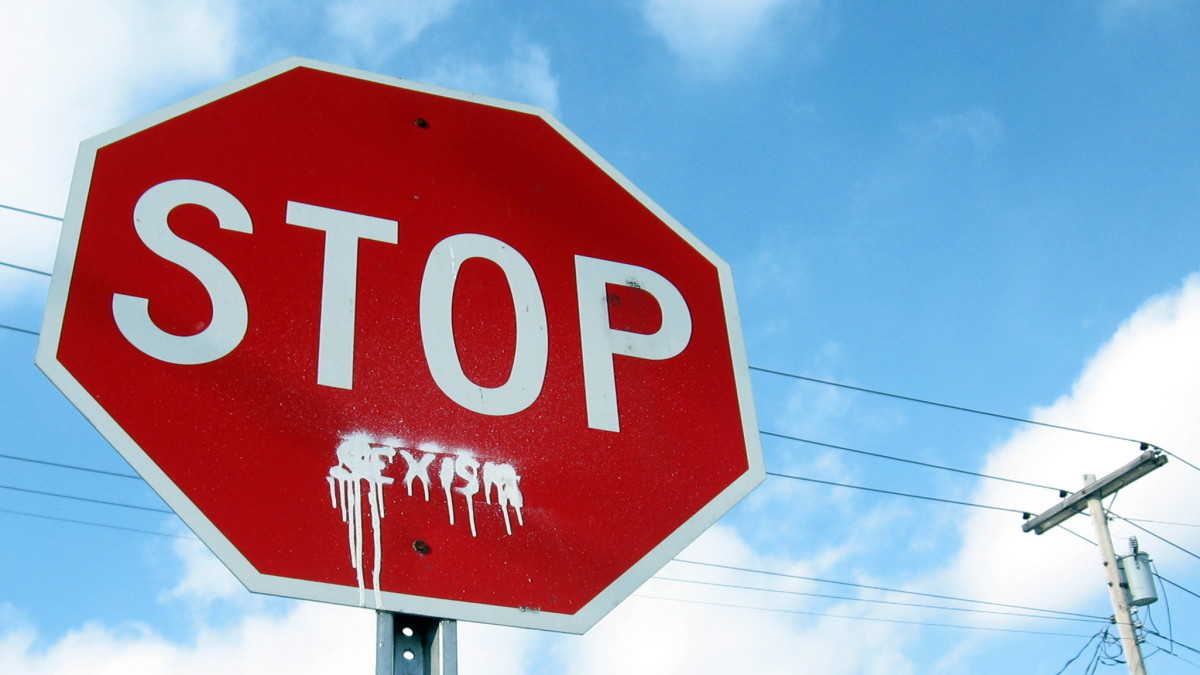Bell Hooks

Feminist, Social Activist, Educator
Bell hooks, whose real name is Gloria Jean Watkins, is a feminist, social critic and teacher, who has been in the business of disconcerting people for several decades. New to the field of education myself but a little older than bell hooks, I appreciate her understanding of events and issues that I have viewed only from the sidelines for the most part. She has taken on white people, males, school administrators, "heterosexists," "faux feminists," etc. in her persistence in laying out a radical agenda no matter how many people see what she believes as quite reasonable, actually.
Favorite feminist!
Who is your favorite feminist in the United States?
Oppression
Bell hooks is anti-oppression
Bell hooks talks about oppression in all contexts - not just in the context of white people oppressing black people. She talks about men oppressing women, black people oppressing each other (as in focusing too much on "good hair"), the oppression of the film industry and the oppression of rap music. Since moving to the South Side of Chicago, I have noticed the preponderance of beauty shops and hair straightening places in the area while many shops such as grocery stores with whole wheat bread and high quality fruit are infrequent.
Hooks talks about anger and who has the right to be angry and under what conditions it is "okay" for a black woman to be angry according to society without being identified as an "angry black woman." She also challenges this view. I noticed in her interviews that I saw on u-tube that she is very mild herself in her approach.
Belonging

Belonging - Bell hooks comes to terms with being from Kentucky.
In "belonging" bell hooks talks about her past and her present in Kentucky. One essay entitled "Piecing it all together" she speaks of making quilts and mentions she was given a quilt by her grandmother "Baba". I was also given a quilt by my maternal grandmother "Mama Reed." It may seem that the two grandmothers were far apart but in the poor south quilt making is a symbol of a "life of starvation" regardless of race. In fact, as a child I remember at times tracing the pattern of a quilt with my fingers and being intrigued by the colors and patterns until it was okay with the adults in my life for me to get out of bed.
In another essay in "belonging" called "Returning to the Wound, bell hooks talks about Wendell Berry and his understanding of racism even though it was from a white perspective (white male perspective)!
More about "Teaching Critical Thinking: Practical Wisdom"
Teachings for teachers by bell hooks
As a white woman who grew up in a segregated school system and is entering education late in life, I was particularly interested in bell hooks' advise to educators. The book is written with a number of chapters called "teachings" with each targeting a particular topic that bell hooks has been asked about by some of her followers. One of the teachings is called "Crying time" and it discusses what happens when someone cries in the classroom. She talks about different reasons for crying in the classroom such as a young white women's being overwhelmed by guilt and other young white women who have meltdowns regularly. Black women sometimes cry when they first publicly acknowledge the pain they have experienced in response to racism, according to Hooks. Hooks talks about being suicidal in her youth, and being frequently brought to tears herself. Hooks discusses ways to handle emotions in the classroom, and deciding whether to focus on the person in tears or the class as a whole. I was also depressed and suicidal in my youth, and can appreciate her caution. The author says that she feels compelled to acknowledge tears in the classroom because she was ignored when she was young and experiencing the burden of being "the integrator" in the integration of a school that was predominantly white. I could relate to her depression about that situation. There had been only four black students to integrate my formerly all white high school in my sophomore year. I felt really sorry for those kids but did not have enough nerve to befriend them. My freshman year in college, I went to a college that had been integrated several years but in the first day of my English class there was one black kid on the left and a bunch of white boys on the right when I got there. I sat next to the black kid. (What happened after then is a story for another day!)
In Teaching 23 "Intellectual Life" hooks talks about her desire to be come a writer, and the negative way people reacted to her social criticism. She said that her authorities in her life thought the only road open to a black woman was to clean houses or to teach. She said that even her colleagues had denounced her social criticism as "demonic" at times. I could identify with her struggle to be honest despite the unpopularity of it!
In Teaching 2 "Democratic Education" bell hooks describes the necessity of undergoing the need for democracy in each generation else the need will not be carried over to subsequent generations. She speaks of how departments dealing with racial issues have become either de-radicalized or marginalized by the universities that contain them. Hooks points out that democracy has to be re-radicalized by each generation in order for it to be relevant.
In Teaching 10 "sharing the story" hooks writes about getting students to reveal themselves in writing assignments. She says that there has been a backlash against personal sharing but that she thinks it is necessary but not sufficient for integrating material that one is learning. I concur with her on that. Hooks stated that she often does a writing assignment along with the student to demonstrate some aspect of the material she is teaching. In my groups class the instructor gave a personal demo of an oral exercise that we did about sculpting our family background. I was very impressed with her expressing her vulnerability in the classroom. I think this is what hooks is getting at when she talks about doing a writing exercise with students when she assign it.

Talking Back
Talking Back to "Talking Back"
Talking Back was written in 1989. In it bell hooks wrote about her concerns about race and feminism. In the chapter called "feminist scholarship: ethical issues" she states that she believes that it is valuable for white women to react to the writings of black women but not to write as an authority on the experiences of black women. I was reminded of an experience I had yesterday. Three young women were working on a project at the Davis Street el stop. They were probably Northwestern University students. One was the camera person; one was the sound person; the third was the star homeless person. I was sitting on the park bench eating a snack. I could have given them some pointers on what it was like to be homeless but I enjoyed the act and kept quiet.
Another point hooks makes is that black women must be subjects and not objects. She maintains that until they are subjects the writing about black women is missing something. I concur.
Black Women and Feminism

Feminism vs Heterosexism
New Feminism or Faux Feminism
In one of her recent endeavors bell hooks has taken on Cheryl Sandburg, and Gloria Steinem for praising Sandburg as the new voice of feminism. Gloria Steinem to me always gave the aura of heterosexuality to feminism even in the second wave of feminism that I was on the sidelines of when I was in college. I must admit that I felt a little uncomfortable and conspicuous when I sat in on the speech of a third wave feminist at Oakton Community College a year or so again. However, I have been told that women who were not heterosexual had to keep their mouth shut for the most part when Friedan, Steinem and others were setting the pace way back when. So, it does not surprise me that heterosexism has re-entered a feminist perspective and that Steinem applauds it.

Feminism and Heterosexism - First Wave, Second Wave, Third Wave, No Waves Feminism
Do you think that new wave feminism has a heterosexual bias?
Books by bell hooks - Feminist, Educator, Social Justice Advocate
Here are some more books by bell hooks. They all sound great! I ordered a copy of "All About Love" recently that I am still trying to understand.

Do you think feminism is for everybody? Is it hard for you to reconcile feminism with other parts of your background? Do you see racism, feminism and heterosexism as related?






